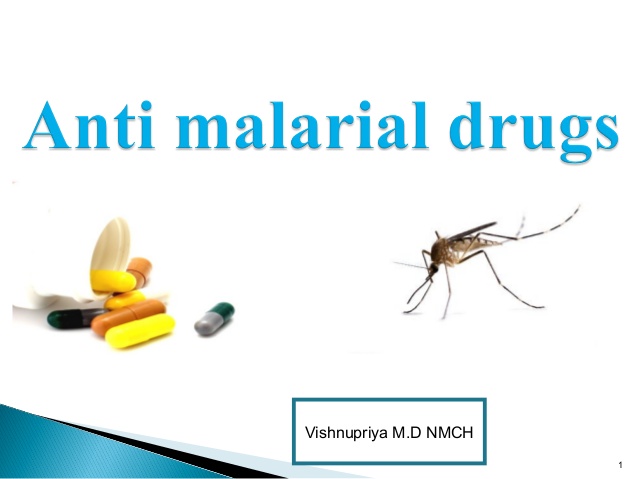COVID-19: NCDC Advises Pregnant, Breastfeeding Women To Take Precautions
The Nigeria Centre for Disease Control (NCDC) has advised pregnant and breastfeeding women to take routine preventative actions to avoid the novel Coronavirus (COVID-19) infection.
Dr Chikwe Ihekweazu, Director General of NCDC, gave the advice in an interview with NAN on Friday in Abuja.
He listed the measures to include diligent hand-washing, avoiding close contact with people exhibiting symptoms of infection and covering sneezes and coughs.
He said that it was not currently known if pregnant women were more susceptible to COVID-19 than the general public nor whether they were more likely to have serious illness as a result.
“Based on available information, pregnant women seem to be at equal risk as other adults.
“However, it is known that the bodily changes that occur during pregnancy may put expectant women at increased risk for some infections.
“Pregnant women have had a higher risk of severe illness when infected with viruses from the same family as COVID-19 and other viral respiratory infections such as influenza.
“Therefore, pregnant women should take the same precautions as the general public to avoid COVID-19 infection,” he advised.
The NCDC boss advised pregnant women to frequently clean their hands using alcohol-based hand sanitiser.
“Clean and disinfect frequently touched surfaces on a daily basis. If possible, stay home for the entire duration of the pregnancy except for ante-natal care hospital visits.
“Eat healthy and nutritious meals. Ensure adequate bed rest. If you think you may have coronavirus or have been exposed, stay at home for 14 days.
“Do not go to the hospital but contact your doctor and the Nigeria Centre for Disease Control (NCDC) toll free number, 0800-9700 0010 or state epidemiologist immediately.
“You will be assessed in line with current case definition guidelines set out by the NCDC.
“You should contact your clinic to inform them that you have symptoms suggestive of coronavirus, particularly if you have any routine appointments in the next seven days.
“They should postpone routine antenatal visits until after the isolation period is over, and arrange the right place and time for you to come for your visits.
“You should not attend a routine clinic. There may be a need for them to reduce the number of ante-natal visits you have,” he explained.
He said that breastfeeding women, should, along with their families and health care providers, decide whether and how to start or continue breast-feeding.
Ihekweazu said breast milk provided protection against many illnesses and was the best source of nutrition for infants.





